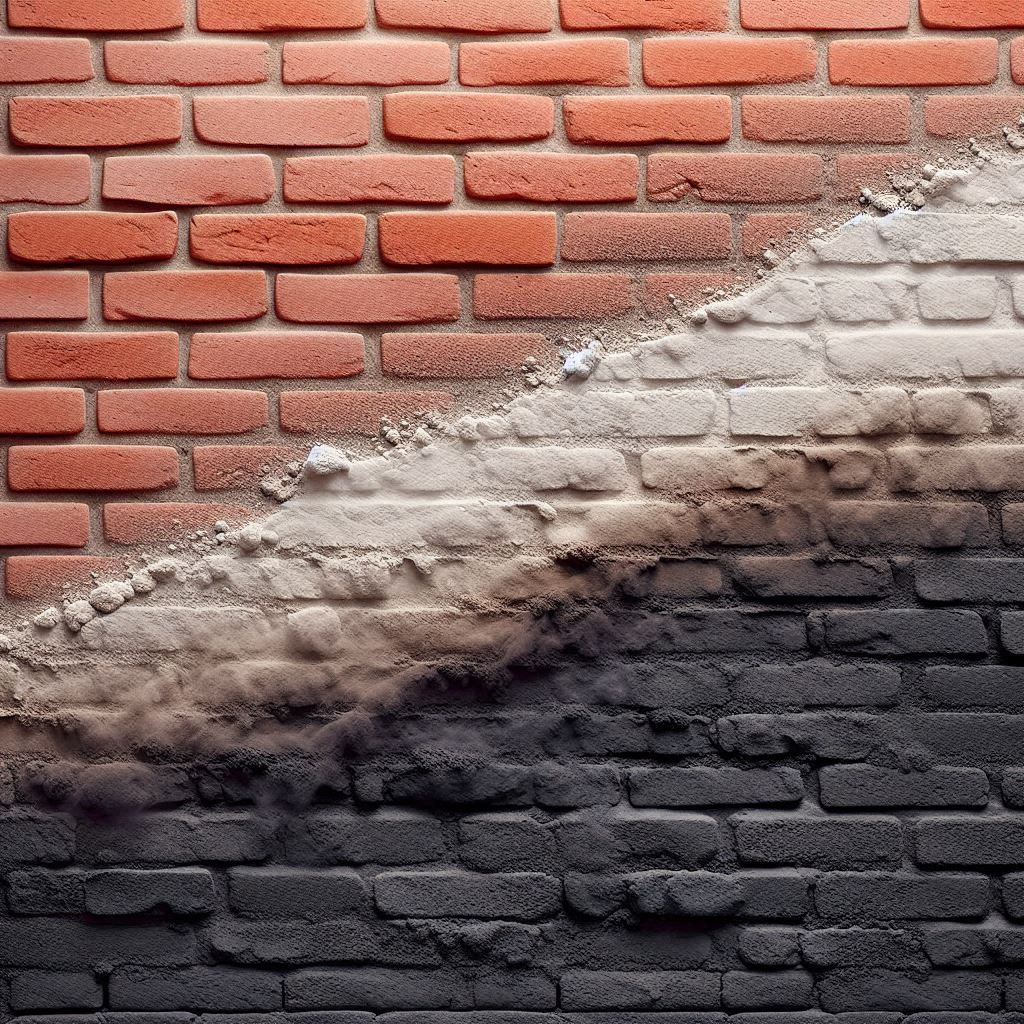Table of Contents
As wildfire season approaches, Indianapolis homeowners may think they’re safe from the dangers of smoke damage. However, wildfires can spread quickly, and smoke can travel far beyond the immediate fire zone. In this article, we’ll explore the risks of smoke damage from wildfires and provide essential information for Indianapolis homeowners.
When disaster strikes, PuroClean Disaster Restoration is here to help you rebuild your life. For immediate assistance with fire damage restoration, contact PuroClean Disaster Restoration, Call (+1) 317-467-4436.

From Wildfire, How Does Smoke Damage Occur
Smoke damage occurs when smoke particles penetrate surfaces, leaving behind unpleasant odors, discoloration, and potentially harmful chemicals. Wildfire smoke can contain toxic pollutants like particulate matter, carbon monoxide, and volatile organic compounds (VOCs).
Smoke Damage Risks to Indianapolis Homeowners
While Indianapolis may not be directly in the wildfire-prone areas, smoke can still affect homes in the region. Here are some risks to consider:
- Air quality: Wildfire smoke can reduce air quality, exacerbating respiratory issues like asthma.
- Property damage: Smoke can seep into homes through vents, windows, and doors, causing damage to walls, ceilings, and personal belongings.
- Health hazards: Exposure to toxic pollutants in smoke can lead to headaches, nausea, and long-term health problems.
4 Simple Tips To minimize the impact of smoke damage from wildfires
Here are the 4 simple tips to minimize the impact of smoke damage from wildfires, explained in detail:
Tip 1: Stay Informed
- Monitor local news and air quality reports to stay updated on the wildfire situation and potential smoke impact in your area.
- Sign up for emergency alerts and follow local authorities’ social media accounts for real-time updates.
- Check air quality indexes, such as the Air Quality Index (AQI), to determine the level of pollutants in the air.
Basic Air Quality Index and Particle Pollution
Image Source: AIRNOW
Tip 2: Seal Your Home
- Close all windows, doors, and vents to prevent smoke from entering your home.
- Use door sweeps or weatherstripping to seal gaps under doors.
- Cover vents and chimneys with dampers or tarps to prevent smoke entry.
- Keep your home sealed until the air quality improves.
Tip 3: Use Air Purifiers
- Use air purifiers with High Efficiency Particulate Air (HEPA) filters to remove pollutants and particulate matter from the air.
- Choose an air purifier that fits your room size and has a high CADR (clean air delivery rate).
- Run the air purifier continuously to maintain clean air.
- Replace filters regularly to ensure effectiveness.
Tip 4: Maintain Your Home
- Ensure proper ventilation in your home by installing vents or whole-house fans.
- Inspect your home for damage, including:
- Walls and ceilings for discoloration or stains
- Flooring and carpets for smoke damage
- HVAC systems for smoke contamination
- Roof and gutters for damage or debris
- Address any damage or issues promptly to prevent further smoke damage.
By following these simple tips, you can minimize the impact of smoke damage from wildfires and protect your home and health.
Restoration and Recovery
If your home is affected by smoke damage:
- Seek professional help: Consult a certified restoration company.
- Document damage: Take photos and notes for insurance purposes.
- Prioritize health: Wear protective gear during cleanup and restoration.
By understanding the risks and taking proactive steps, Indianapolis homeowners can reduce the impact of smoke damage from wildfires. Stay safe and informed!
Risks to Indianapolis Homeowners
While Indianapolis may not be directly in the wildfire-prone areas, smoke can still affect homes in the region. Here are some risks to consider:
- Air quality: Wildfire smoke can reduce air quality, exacerbating respiratory issues like asthma
- Property damage: Smoke can seep into homes through vents, windows, and doors, causing damage to walls, ceilings, and personal belongings
- Health hazards: Exposure to toxic pollutants in smoke can lead to headaches, nausea, and long-term health problems
- Increased risk of mold: Smoke damage can create an ideal environment for mold growth
Restoration and Recovery After Smoke Damage
If your home is affected by smoke damage:
- Seek professional help: Consult a certified restoration company
- Document damage: Take photos and notes for insurance purposes
- Prioritize health: Wear protective gear during cleanup and restoration
- Follow safety guidelines: Use proper ventilation and avoid using electrical appliances until cleared by a professional
Additional Tips
- Check your insurance: Review your policy to ensure you’re covered for smoke damage
- Keep important documents safe: Store copies of important documents in a fireproof safe or online
- Stay connected: Keep phone lines and communication devices charged and accessible


